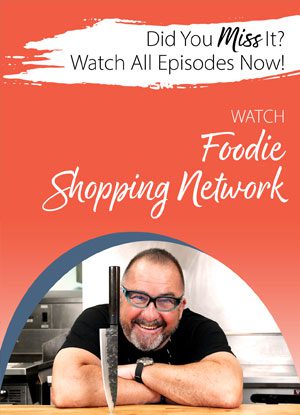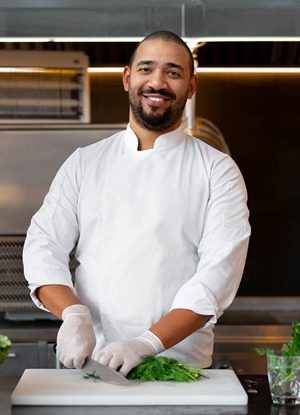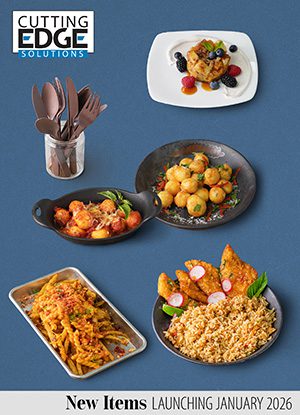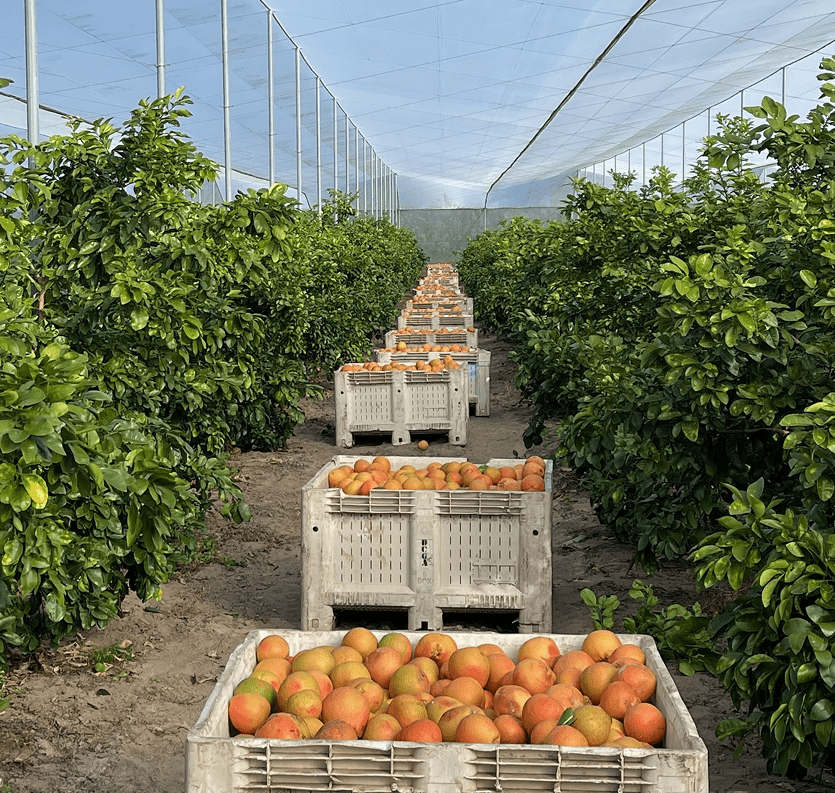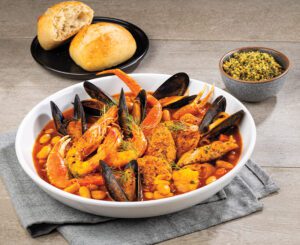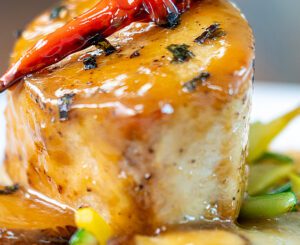When you think of Florida citrus, you might picture endless groves under sunny skies. But on a recent trip to Dundee Citrus Growers Association, Sysco’s Chef Neil discovered something completely different: massive mesh-covered structures where citrus trees grow in a protected, climate-controlled space.
This is CUPS—Citrus Under Protective Screens—an innovative growing method that’s rewriting the rules of Florida Citrus farming. And for chefs, as Chef Neil saw firsthand, it means reliable, high-quality citrus with unmatched flavor, season after season.
Citrus Under Protective Screens (Cups) – What It Means for Your Menu
Inside these protective enclosures, citrus trees are shielded from pests and disease, including the devastating citrus greening disease. Sunlight and airflow still reach the trees, but the controlled environment delivers clear chef-focused benefits:
- Faster growth: Trees mature in just two years instead of five or six.
- Higher yield: Nearly 1,000 boxes per acre at full maturity, compared to 75 in traditional groves.
- Better flavor: Consistent sweetness, vibrant color, and exceptional juiciness.
Walking among the trees, Chef Neil noted how these innovations translate directly to the kitchen: dependable supply, premium taste, and fewer surprises on your produce order.
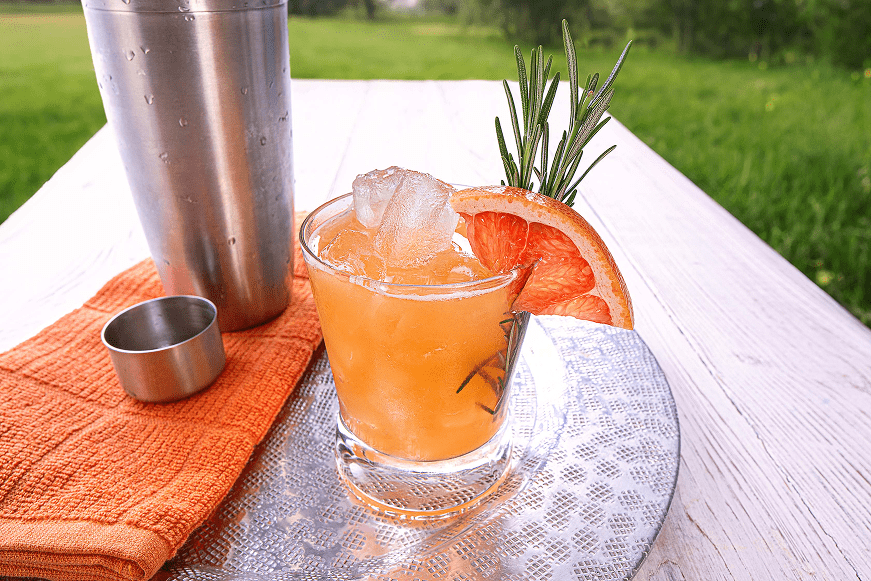
Premium Fruit, Chef-Ready
Chef Neil singled out the CUPS-grown ruby grapefruit for its deep red flesh, balanced sweetness, and lower acidity. “It’s perfect for fresh-squeezed juice, elegant garnishes, or desserts that need a pop of citrus without a bite,” he said. Callaham agreed, “The sweetness and flavor are better than what was on the market 20 years ago.”
Tradition Meets Innovation
Founded in 1924, Dundee Citrus Growers Association combines a century of citrus heritage with forward-thinking farming practices. Inside 10.5-acre enclosures, more than 30 citrus varieties thrive, from ruby grapefruit and navels to specialty fruits like Sumo and blood oranges. Specialized rootstocks, vineyard-style tractors, and precise irrigation ensure every piece of fruit receives meticulous care.
Standing under one of the massive screens with CEO Steven Callaham, Chef Neil immediately noticed the difference: “It’s easily 15–20 degrees warmer here than outside today,” he observed. This stable warmth helps trees grow 2.5 times faster than in traditional groves. “Normally, harvest starts after five or six years, but here, it’s just two.” Callaham explained. “That’s nearly unheard of.”
Fighting Disease with Innovation
Citrus greening disease, spread by tiny insects called Asian citrus psyllids, has long threatened Florida’s groves. Affected trees lose leaves, drop fruit prematurely, and eventually become unproductive. By enclosing trees under screens, growers effectively block these pests, boosting yields dramatically. While traditional groves average about 75 boxes per acre, CUPS trees can produce nearly 1,000 boxes per acre at full maturity in five years, yielding more fruit with better flavor.
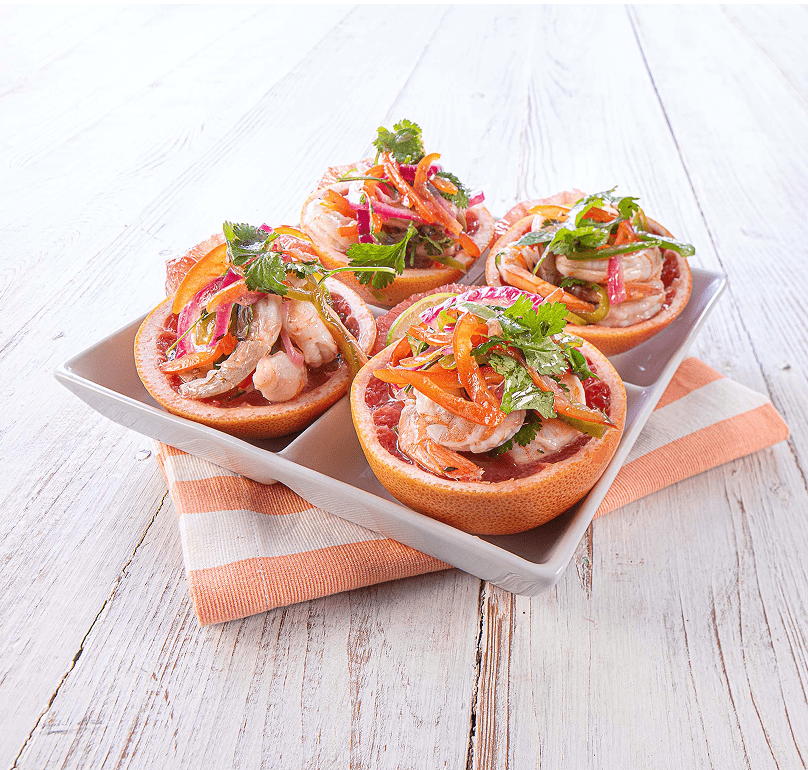
Doing More with Less
CUPS doesn’t just protect fruit; it redefines how it’s grown. “We like to say we’re doing more with less: less land, less fertilizer, and less water for every piece of fruit we produce,” Callaham shared.
In a state where urban growth is rapidly reshaping the landscape, these 10.5-acre screen structures provide a sustainable, space-smart approach to growing citrus without compromising flavor or quality. In the facility, 47 protective enclosures span 500 acres, each brimming with thriving trees, proving that sustainable citrus can also be exceptional citrus. For Chef Neil, one highlight was spotting 18-month-old trees already heavy with mature, market-ready fruit—a vivid demonstration of CUPS’ accelerated growth.
A Bright Future for Florida Citrus
Through Sysco | FreshPoint, you can bring exclusive CUPS-grown citrus like Florida Rubies to your menus, delivering flavor, color, and consistency that your guests will notice. As Chef Neil puts it, “It’s the same fruit we all love, just grown under a new weather system.”
This innovation is not just saving Florida citrus; it’s reshaping it to meet the needs of chefs and diners who crave vibrant, flavorful ingredients.



